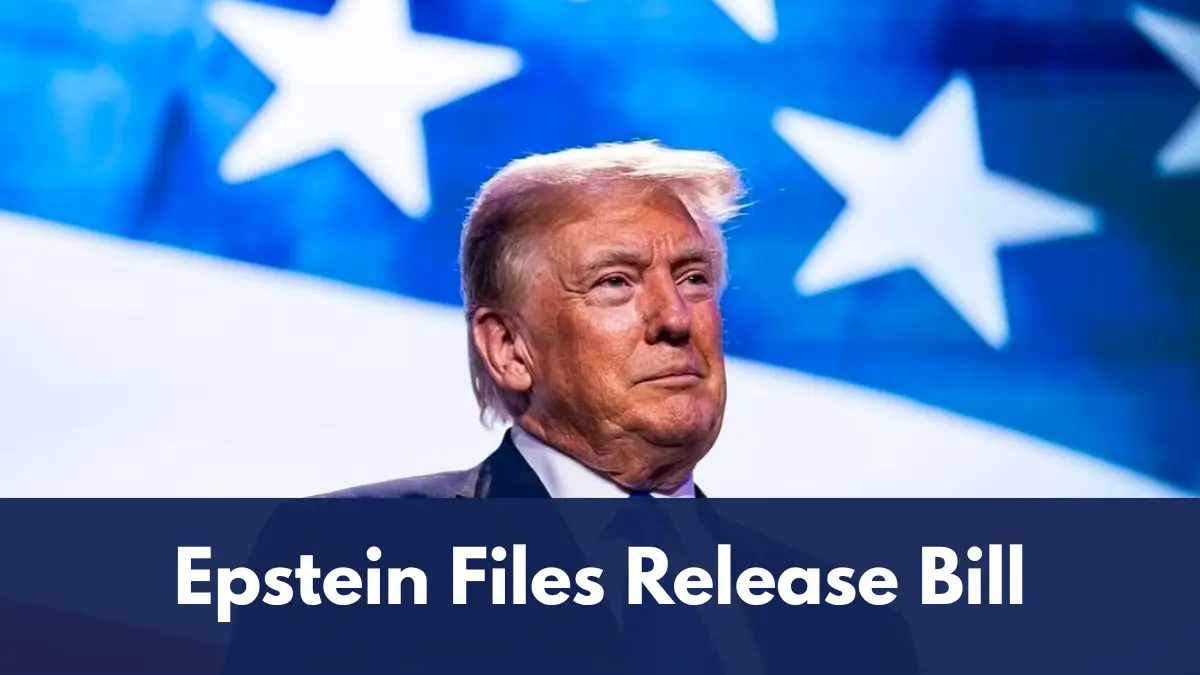Senate Sends Epstein Files Release Bill to Trump in Unanimous Vote

The Epstein files release bill has officially cleared Congress after the U.S. Senate passed it by unanimous consent on Tuesday, sending it directly to President Donald Trump’s desk for approval.
The vote comes just hours after the House approved the bill with a near-unanimous 427–1 result, making it one of the most widely supported transparency measures in recent years.
Trump’s Sudden Reversal
President Trump announced Monday that he would sign the bill — a dramatic shift after previously opposing the measure for months. His reversal helped secure full Republican support in the Senate.
However, despite his pledge to sign it, the files may not be released immediately. The Department of Justice (DOJ) is still allowed to withhold documents that could interfere with an active federal investigation. Trump recently directed the DOJ to investigate Epstein’s ties to several high-profile individuals, which could delay the release.
Clay Higgins: The Only “No” Vote
In the House vote, Rep. Clay Higgins (R-Louisiana) was the sole lawmaker who voted against the bill. His vote has now become a trending topic on Google, with searches like:
- “Who voted against releasing the Epstein files”
- “Why did Clay Higgins vote no”
- “Clay Higgins Epstein vote”
The congressman has not yet issued a detailed statement explaining his position.
Why the Bill Matters
The legislation compels the DOJ to make public all non-classified documents related to Jeffrey Epstein, the late financier convicted of sex crimes. The release is expected to include:
- Communications
- Financial records
- Travel logs
- Court documents
- Names of individuals who had professional ties
Lawmakers and victims’ advocates say the bill is meant to bring long-awaited transparency to a case that has sparked global controversy.
What Happens Next?
The bill may reach Trump’s desk as early as today, but the timing of the actual document release remains uncertain due to potential DOJ delays.
Analysts warn that the DOJ could argue that releasing some files now could compromise ongoing investigations, especially given Trump’s new directive that expands the scope of inquiries into Epstein’s network.
Source: Axios report on Senate passage









